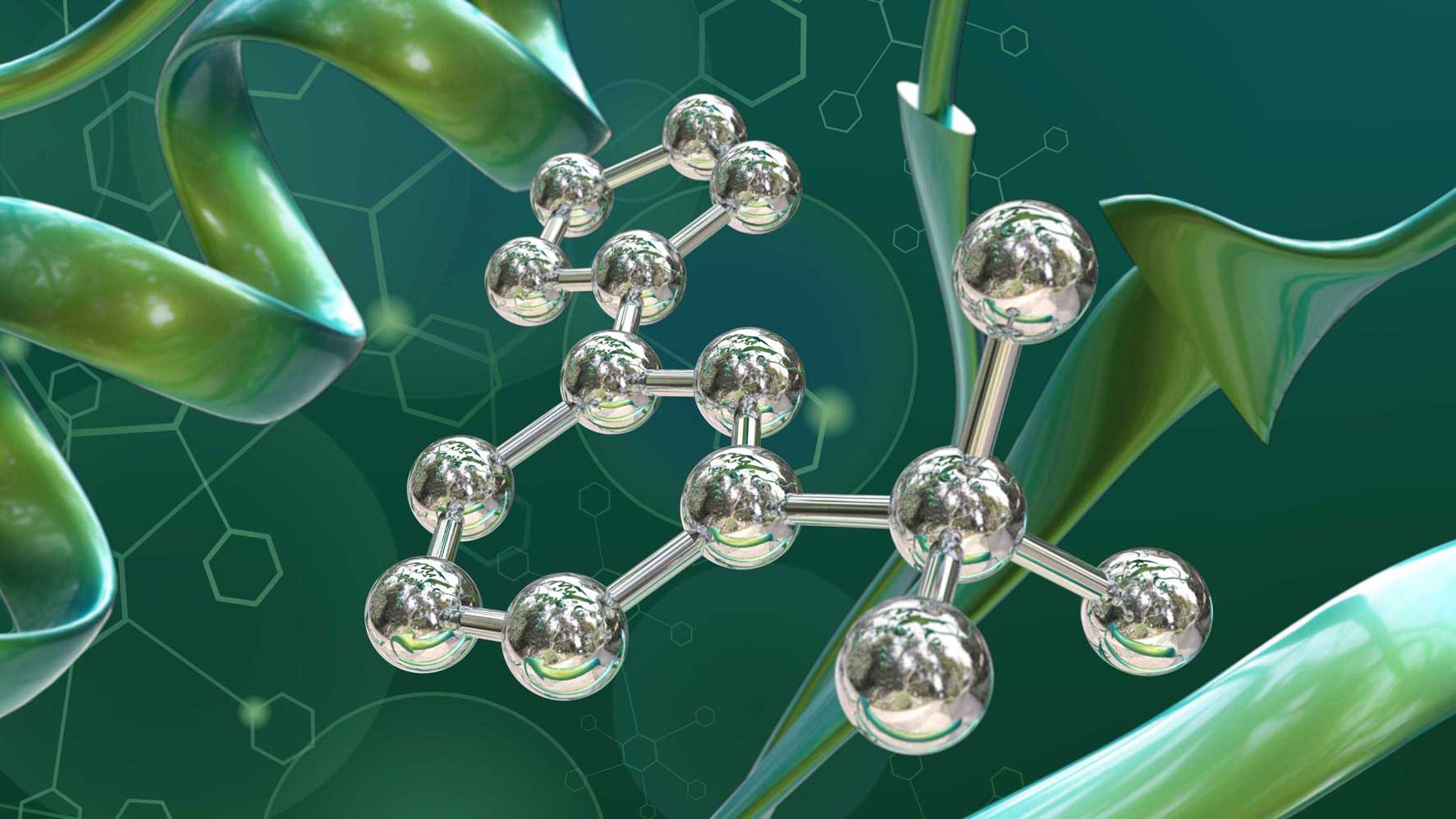
25 Apr, 2024 by Pranjal Mehar
Collected at : https://www.techexplorist.com/generative-ai-develops-drug-molecules-based-3d-surface-proteins/83299/
Chemists at ETH Zurich have developed a new computer process that allows them to generate active pharmaceutical ingredients quickly and easily. They have created a generative AI that develops drug molecules based on the 3D surface of proteins with which they interact.
For any 3D-shaped protein, the algorithm creates blueprints for potential drug molecules that either boost or stop a protein’s job in the body. Chemists can then synthesize and test these molecules in the laboratory.
The algorithm only needs to know the protein’s 3D shape, and it will make designs for molecules that fit like keys in a lock to that protein.
The novel technique builds on chemists’ decades-long efforts to understand proteins’ three-dimensional structure and find acceptable candidate drug compounds using computers. Until now, this has frequently required arduous human labor, and the search has often produced extremely difficult or impossible-to-synthesize chemicals. In recent years, if AI has been utilized in this process, it has mainly been used to enhance already-existing molecules.
This new generative AI can develop drug molecules from scratch that match the protein structure. It ensures that the molecules can be chemically synthesized right from the start.
Furthermore, the algorithm only recommends compounds that interact very little or not with other proteins and solely with the designated protein at the desired region.
Scientists created this algorithm by training AI models with information from hundreds of thousands of known interactions between chemical molecules and the corresponding three-dimensional protein structures.
The new process was found to be capable of what it is designed for in testing. The scientists searched for compounds known as PPARs, which interact with proteins. These proteins regulate the body’s metabolism of fats and sugars. By increasing the activity of these proteins, several diabetes medications help cells absorb more sugar and reduce blood sugar levels.
As soon as possible, the AI-generated new molecules that, like the current medications, increase the activity of PPARs without requiring a significant search period. Team members at Roche evaluated the molecules after ETH researchers created them in the lab. They discovered that the novel molecules are stable and safe from the start.
Gisbert Schneider, a Professor at ETH Zurich’s Department of Chemistry and Applied Biosciences, said, “Our work has made the world of proteins accessible for generative AI in drug research. The new algorithm has enormous potential.” This is especially true for all medically relevant proteins in the human body that don’t interact with any known chemical compounds.
Journal Reference:
- Atz K, Cotos L, Isert C, Håkansson M, Focht D, Hilleke M, Nippa DF, Iff M, Ledergerber J, Schiebroek CCG, Romeo V, Hiss JA, Merk D, Schneider P, Kuhn B, Grether U, Schneider G: Prospective de novo drug design with deep interactome learning. Nature Communications, 22 April 2024, doi: 10.1038/s41467-024-47613-w

Leave a Reply